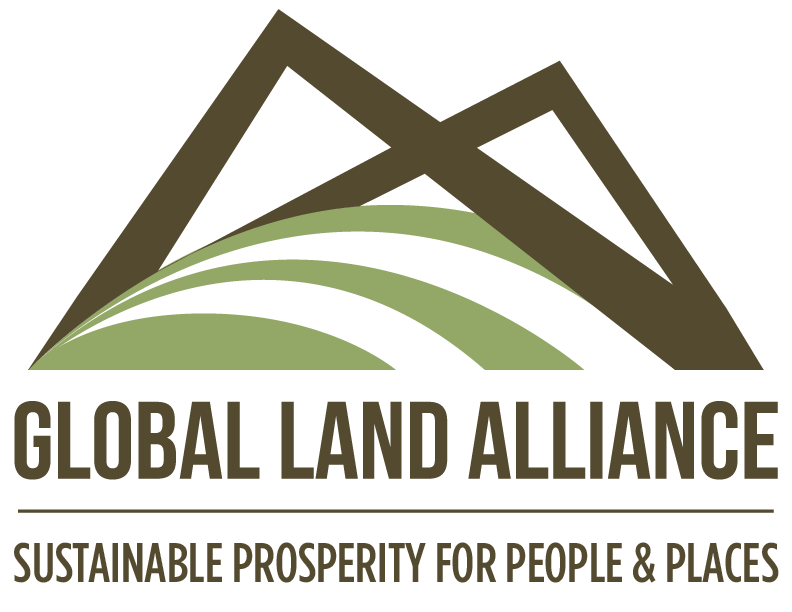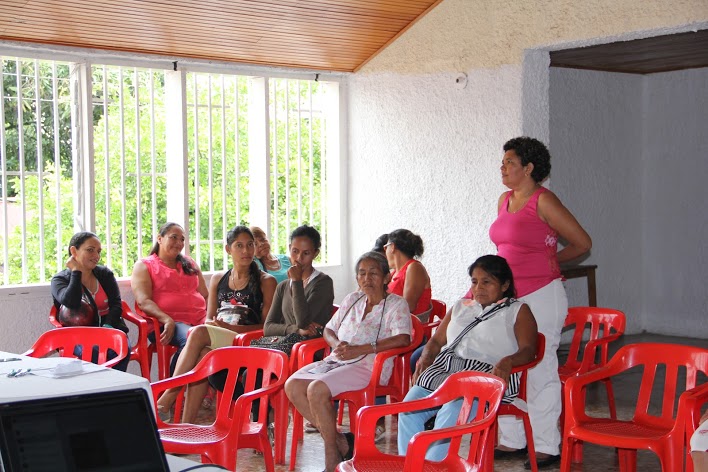Invisibility: A Common Problem from Women in Common-Law Marriages in Rural Colombia
BY CYNTHIA BERNING
On June 24, 2016, Land Alliance team of international and Colombian gender, land tenure and legal specialists presented the findings and recommendations from a six-month study of the relationship between the registration of common-law marriages and obtaining secure property rights for women living in rural regions of Colombia. This study was one activity within the larger Colombia Land and Rural Development Project (LRDP), financed by the United States Agency for International Development (USAID) and implemented by TetraTech.
The study focused on six regions across Colombia: Cauca, Meta, Bolívar, Sucre, Tolima and Cesar and involved individual interviews with public officials and focus groups with community members in order to fully understand the difficulties and barriers involved with registering both land rights and common-law marriages. The team of consultants visited each region twice – first to collect information and listen to people’s experiences, and then again at the end of the study to present recommendations and receive feedback and suggestions on those recommendations.
Land Alliance was originally asked to focus only on ways that the process of registration of common-law marriages could be streamlined and simplified, in order to reduce the required processing time. However, over the course of the study the team came to realize that the barrier to accessing land rights wasn’t related to the proof required for registering a common-law marriage, but rather was a result of a number of other issues facing women in rural Colombia. These include:
• general “invisibility” of women – both socially and procedurally;
• disconnect between legal definitions of common-law marriages and the reality of daily rural life;
• difficulties that women face when trying to claim rights to property particularly following the dissolution of a common-law marriage; and
• inflexibility of laws when dealing with complicated cases (for example, cases where men may have two or more simultaneous relationships or multiple families).
In the final deliverable and the final presentation to USAID and the Government of Colombia, the team presented solutions for how these various issues could be addressed and how the barriers to women’s registration of land rights could be reduced. Each solution was presented as part of a roadmap describing the series of actions that will need to be undertaken, when and by whom, in order to implement each recommendation. Some of these actions, such as topical trainings for communities and government officials, will be undertaken by LRDP and are currently being incorporated into future LRDP funded land tenure formalization efforts in Sucre, Meta and Cauca. Other solutions; such as clarification of registration procedures, increased coordination between land registration programs and offices, and changes to the legal code will require action and sustained commitment on a government-wide agency policy and programmatic level.
1. The Study Team was Cynthia Berning, Andres Parra, Carlos Saavedra, Catalina Ceballos, Jen Duncan, Janina Mera and Victor Endo.
The final report for this study can be found here (Spanish).

